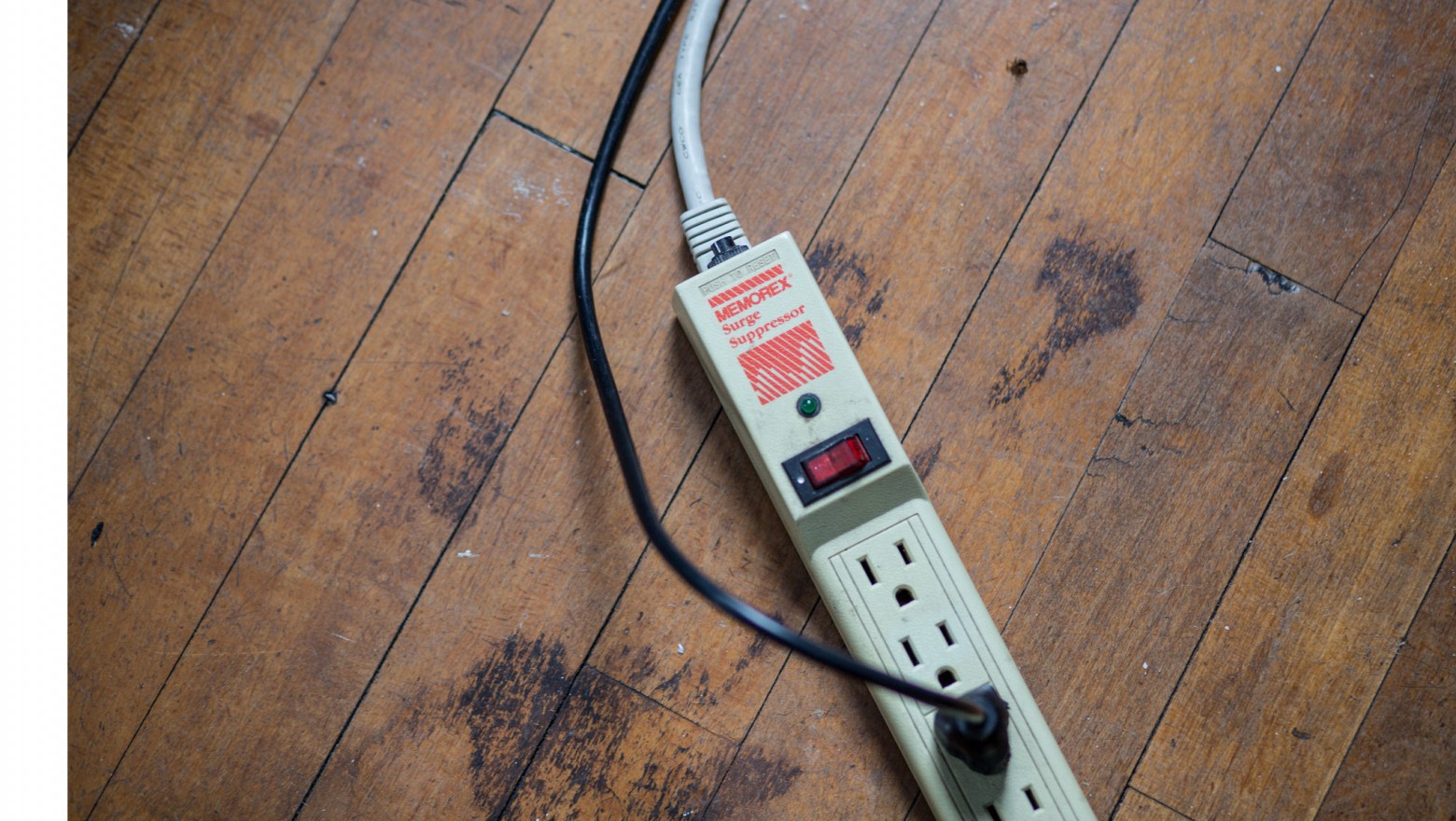
(Tony Webster/Creative Commons)

(Tony Webster/Creative Commons)
Electricity that we use in our everyday lives has a big impact on the environment. The power we use is typically sourced from fossil fuels, which are burned off — and contribute to greenhouse gases. So, how do we cut our power usage?
To address this power problem, my teammates and I decided to make electric usage mitigation the topic for our systems engineering senior design project. This project is limited to studying the electric consumption behavior for two academic buildings and two residential buildings on The George Washington University Foggy Bottom campus.
To summarize our methodology, we compared one LEED building as a baseline to another non-LEED certified building. By doing this baseline comparison, this will give us an idea on how non-LEED buildings could be optimized to minimize electric consumption. Surprisingly, our results show that for South Hall, which is a LEED certified residential hall, draws higher electricity compared to Thurston Hall, located on the same campus. This is an indicator that the LEED certification might be missing behavioral consumption patterns that might be a reason for high electric consumption.
However, during our research, we found that some of the data we needed weren’t accessible or available. In light of this discovery, we also highly encourage energy and electric utility companies to make their data accessible, and perhaps create incentives for collecting data so future research on electric mitigation can be improved.
We are currently working on implementing mitigation techniques to reduce the electric consumption discovered as a result of our study, and still working on analyzing data for two of the academic buildings. So far, our research shows that phantom power, which is electricity consumed by unused appliances, draws a large amount of electricity. One simple method to significantly reduce — or eliminate entirely — phantom power is to install smart power strips in each room of the residential hall.
Another important finding of our study? Using technologically advanced appliances does not mean we need to increase our consumption pattern. This causes a higher amount of electricity to be consumed — even if the appliance is much more energy efficient than the old appliance.